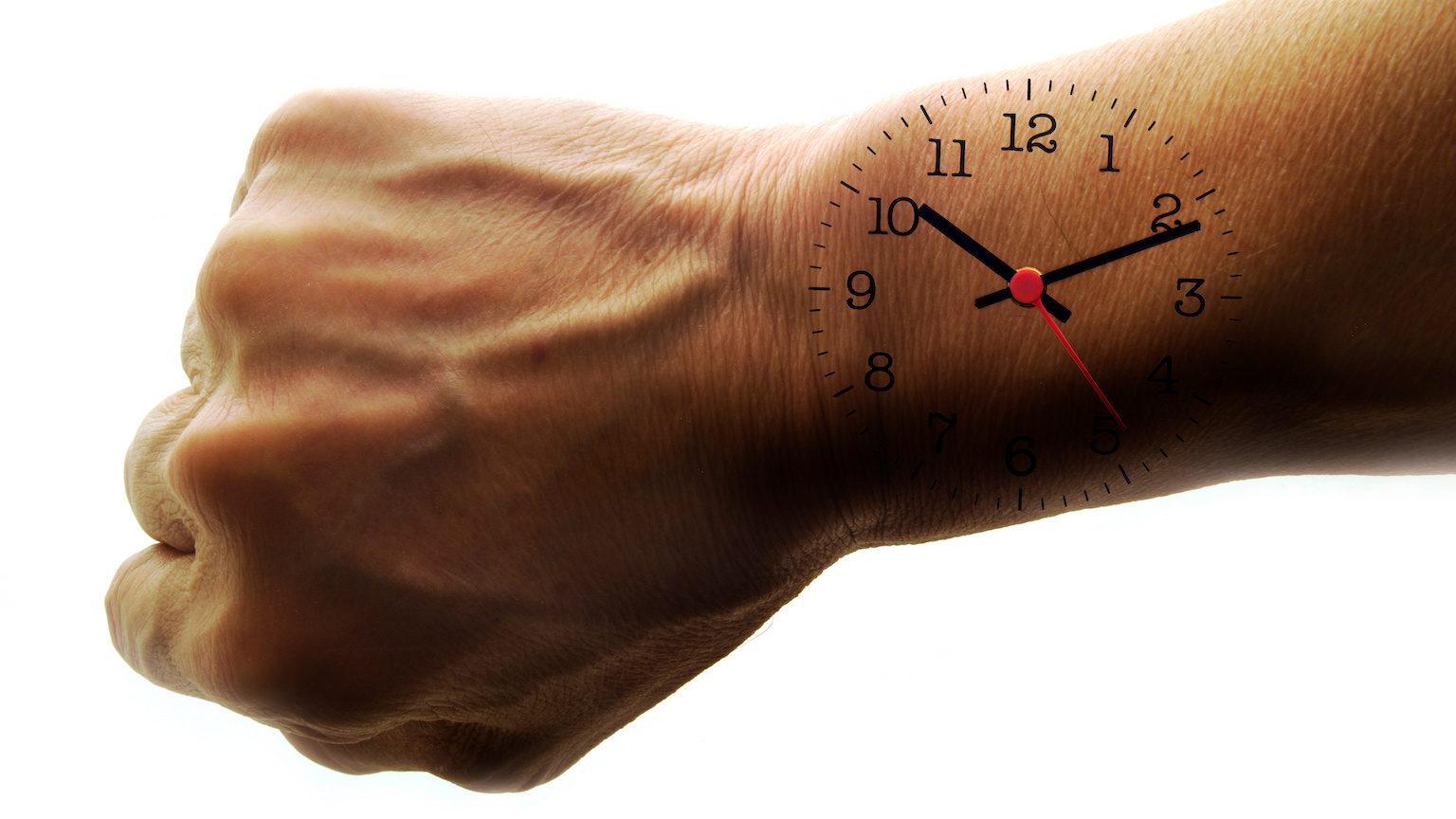Blood test can calculate your true biological age

- Chronological age does not accurately represent the age at which your body is functioning, known as your “biological age.”
- Yale University Professor Dr. Morgan Levine has developed a simple method for determining biological age, using your chronological age and nine biomarkers from a blood test.
- Though your chronological age keeps ticking onward, lifestyle changes can raise or lower your biological age.
Age is just a number, the old saying goes. Scientists studying human longevity are now giving credence to that common refrain.
Dr. Morgan Levine is one of them. The 37-year-old assistant professor of pathology and epidemiology at Yale University is working on a test that can accurately tell us our “biological age,” the age at which the body is functioning.
“Most people’s biological age will be within plus or minus five years of their chronological age, but you can have outliers of up to 10 or more years,” she told The Guardian. The best test Levine has come up with so far relies on “epigenetic clocks.”
“These use machine learning to decode some of the patterns of DNA methylation — chemical tags on our DNA throughout our genome that can alter quite dramatically with aging,” she said. Her test is now licensed to the company Elysium Health. Consumers can purchase it for $499.
A wealth of information in your blood
But that’s a tad steep, even for this inflationary market. Luckily, Levine has also created a simpler test to determine biological age, one that you might be able to do right now. It involves inputting your chronological age along with nine biomarkers available from a regular blood test: albumin, creatinine, glucose, C-reactive protein, lymphocyte percent, mean cell volume, red blood cell distribution width, alkaline phosphatase, and white blood cell count. If you have access to that information online from a previous trip to the doctor, you can calculate your biological age using this handy online tool.
In a study published in PLoS ONE, Levine found that this “biological age” was scarily predictive of one’s risk of dying in the next ten years, more so than chronological age. “It was only when chronological age, demographics, socioeconomic status, disease count, and health behaviors (smoking, alcohol intake, binge drinking, and BMI) were all included in a single model” that this method of calculating biological age was bested.
Thankfully, unlike chronological age, biological age doesn’t irrevocably tick up. “We don’t yet know exactly how to modify it to the greatest extent, but the clock can be made to tick slower, or even possibly go backwards, in response to our behaviors,” Levine said.
The chances are, you probably already know how: abstain from smoking, drink in moderation, exercise regularly, eat lots of fruits and vegetables, make sleep a priority, and avoid excess stress.





